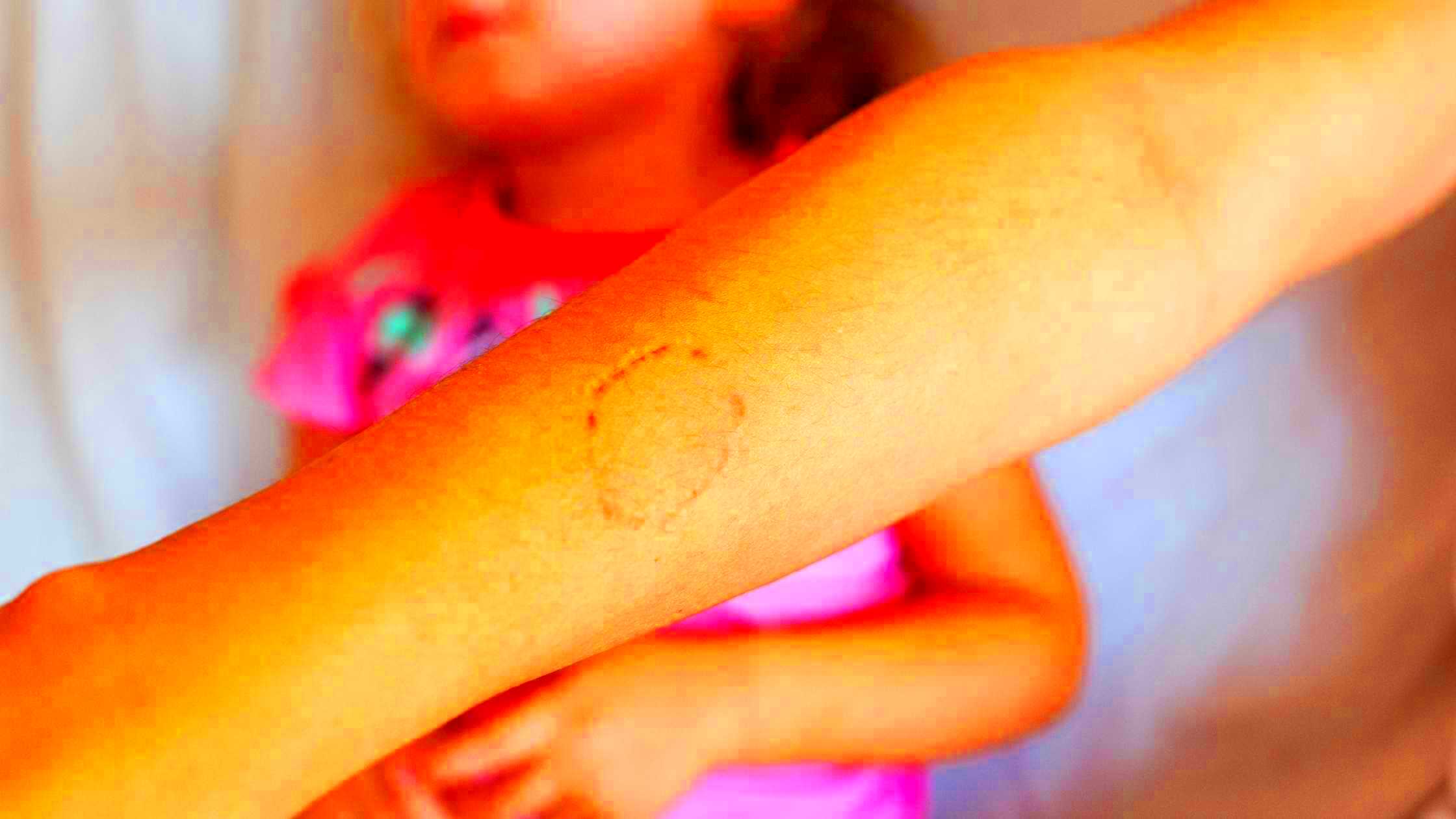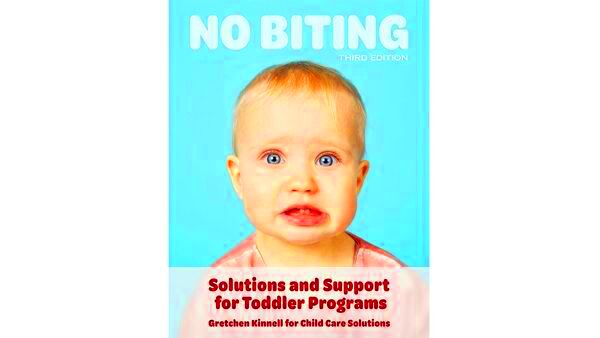Biting at Daycare Laws and Protecting Children’s Safety
Biting incidents in daycare settings can be stressful for both parents and caregivers. While it’s not uncommon for young children, especially toddlers, to bite as part of their development, it’s essential to address the issue promptly. Children often bite out of frustration, a lack of communication skills, or simply to explore their environment. Daycare centers must be prepared to handle these incidents calmly while ensuring the safety of all children involved.
Open communication between parents and caregivers can help identify triggers and patterns. By working together, they can reduce the likelihood of recurring incidents.
Key Laws Governing Daycare Safety

Daycare centers are regulated by state and federal laws to ensure children’s safety and well-being. These laws outline minimum standards for supervision, hygiene, child-to-caregiver ratios, and response protocols in case of incidents like biting. Understanding these regulations can help parents feel more confident about their child’s care and safety at a daycare facility.
Some key laws include:
- Licensing Requirements: Daycare centers must be licensed and inspected regularly to meet health and safety standards.
- Staff Qualifications: Caregivers are often required to have specific training in early childhood development, first aid, and managing behavioral issues.
- Reporting Obligations: In many states, daycare centers must report serious biting incidents to parents and, in some cases, child protection agencies.
By following these laws, daycare centers help create a safe environment where children can grow and develop.
Liability of Daycare Centers in Biting Cases
When a child is bitten at daycare, the daycare center may be held liable under certain circumstances. Liability often depends on whether the daycare took appropriate steps to prevent the incident and whether it acted responsibly after the event occurred. For example, if the daycare staff was negligent in supervising children, they could be held accountable.
To reduce the risk of liability, daycare centers should have clear policies on how to handle biting incidents. These policies may include:
- Providing adequate supervision in areas where children are more likely to engage in aggressive behavior.
- Communicating with parents about biting incidents and keeping detailed reports.
- Implementing strategies to prevent future incidents, such as teaching children alternative ways to express frustration.
If a parent believes the daycare was negligent in preventing a biting incident, they may have grounds to pursue legal action, depending on the severity of the injury and the center’s response.
Parental Rights When a Child is Bitten
As a parent, it’s natural to be upset if your child is bitten at daycare. However, understanding your rights can help you navigate the situation calmly and ensure your child’s safety moving forward. Parents have the right to be informed about any incidents involving their child, including details about the incident, how it was handled, and what steps are being taken to prevent future occurrences.
In many cases, parents also have the right to request:
- A written report of the biting incident.
- An explanation of the daycare’s policies on handling biting.
- Information on any disciplinary or corrective actions taken.
- A meeting with caregivers to discuss how the situation will be managed moving forward.
If the incident is serious, and the daycare fails to follow proper protocols, parents may also have the right to pursue legal action. Open communication with the daycare can help resolve concerns and ensure a safer environment for all children.
How to Handle Biting Incidents as a Daycare Provider
As a daycare provider, handling biting incidents requires a calm and structured approach. Biting is a common issue in early childhood settings, but caregivers must address it immediately to ensure the safety of all children and reassure concerned parents. The key is to have a clear plan in place for managing these incidents.
Here’s what daycare providers can do:
- Immediate Response: Separate the children involved, attend to the bitten child, and comfort both parties.
- Document the Incident: Write a detailed report, including when and where the incident occurred, who was involved, and the staff’s response.
- Notify Parents: Inform the parents of both the biter and the bitten child. Be transparent without disclosing the identity of other children involved.
- Prevent Future Incidents: Assess potential triggers for biting and work on behavior modification techniques, such as teaching children to express frustration through words or actions other than biting.
Daycare centers that are prepared and proactive can build trust with parents and create a safer environment for children.
Steps to Take if Your Child Bites Another Child
It can be distressing for parents to learn that their child has bitten another child. However, it’s important to understand that biting is a phase many young children go through, often as a way of expressing emotions they can’t yet verbalize. If your child bites another child, there are steps you can take to address the issue and help your child learn more appropriate behavior.
Here’s how you can approach it:
- Acknowledge the Incident: Don’t ignore or downplay the situation. Acknowledge what happened and talk to your child about it in an age-appropriate way.
- Teach Alternative Behaviors: Help your child find other ways to express their frustration, anger, or excitement. Encourage the use of words like “I’m mad” or teach them calming techniques like deep breathing.
- Communicate with Daycare: Work with the daycare to understand the context of the incident and develop a plan to prevent future biting. Ask for regular updates on your child’s progress.
- Stay Patient: Biting can take time to resolve, so be patient as your child learns new ways to handle emotions. Consistency between home and daycare can make a big difference.
By addressing biting calmly and proactively, parents can help their children move past this phase and develop more positive social skills.
Preventive Measures to Ensure Children’s Safety at Daycare
Preventing incidents like biting or other safety concerns in daycare settings requires a proactive approach. Daycare centers should implement policies and practices that prioritize children’s well-being while also teaching them valuable social skills. Prevention not only reduces the risk of harm but also creates a more positive environment for all children to grow and develop.
Here are some preventive measures daycare centers can take:
- Proper Supervision: Ensure that caregivers are always present and attentive, especially in high-risk areas like play zones or during meal times.
- Age-Appropriate Activities: Offer engaging, age-appropriate activities that help children express themselves and avoid frustration that may lead to aggressive behavior.
- Behavior Management Techniques: Teach children how to communicate their feelings and needs in ways that don’t involve physical actions like biting.
- Clear Policies: Develop and communicate clear policies to staff and parents regarding how incidents like biting will be handled, ensuring everyone is on the same page.
- Encouraging Positive Behavior: Use positive reinforcement to reward good behavior, helping children understand the benefits of cooperation and kindness.
- Staff Training: Provide ongoing training for caregivers on conflict resolution, de-escalation techniques, and early childhood behavior management.
By focusing on these key areas, daycare centers can create a safer, more nurturing environment that helps prevent incidents and promotes positive interactions among children.
Conclusion on Protecting Children’s Safety at Daycare
Ensuring children’s safety at daycare is a shared responsibility between parents, caregivers, and daycare administrators. While incidents like biting can be challenging, having the right policies, open communication, and preventive measures in place can make a significant difference. By fostering a positive and safe environment, daycare centers not only protect children from harm but also help them develop social and emotional skills that will benefit them throughout their lives.
As a parent or daycare provider, understanding the laws, rights, and best practices surrounding daycare safety is crucial. By working together, everyone can play a role in creating a safe and supportive space for children to learn and grow.
Frequently Asked Questions
What should I do if my child is bitten at daycare?
If your child is bitten, communicate with the daycare center immediately to understand the details of the incident and how it was handled. Request a written report and ask about preventive measures moving forward. Be sure to monitor your child for any emotional or physical signs of distress following the incident.
Can I take legal action if my child is frequently bitten at daycare?
If biting incidents occur repeatedly and the daycare center does not take proper steps to prevent them, you may have grounds to pursue legal action. Consult with a legal professional to understand your options and whether negligence is a factor in your case.
How can I stop my child from biting others?
If your child is the one doing the biting, it’s important to address the behavior calmly. Teach alternative ways to express emotions and communicate with the daycare to create a consistent approach. Patience and clear communication can help your child learn more appropriate social behaviors.


